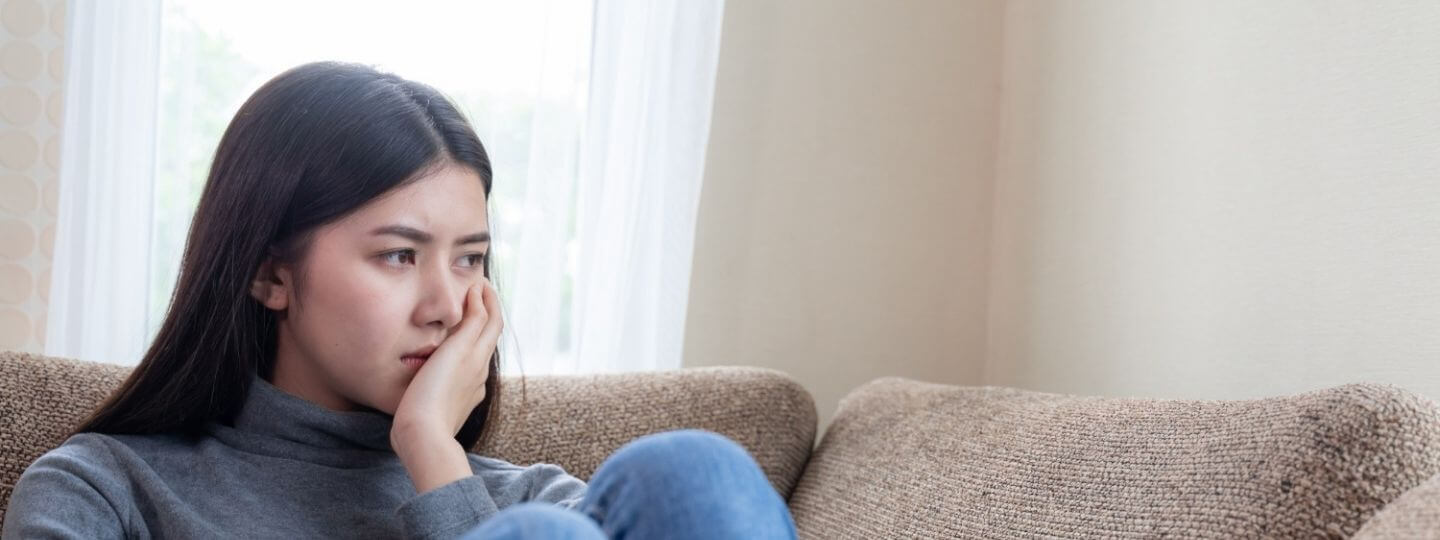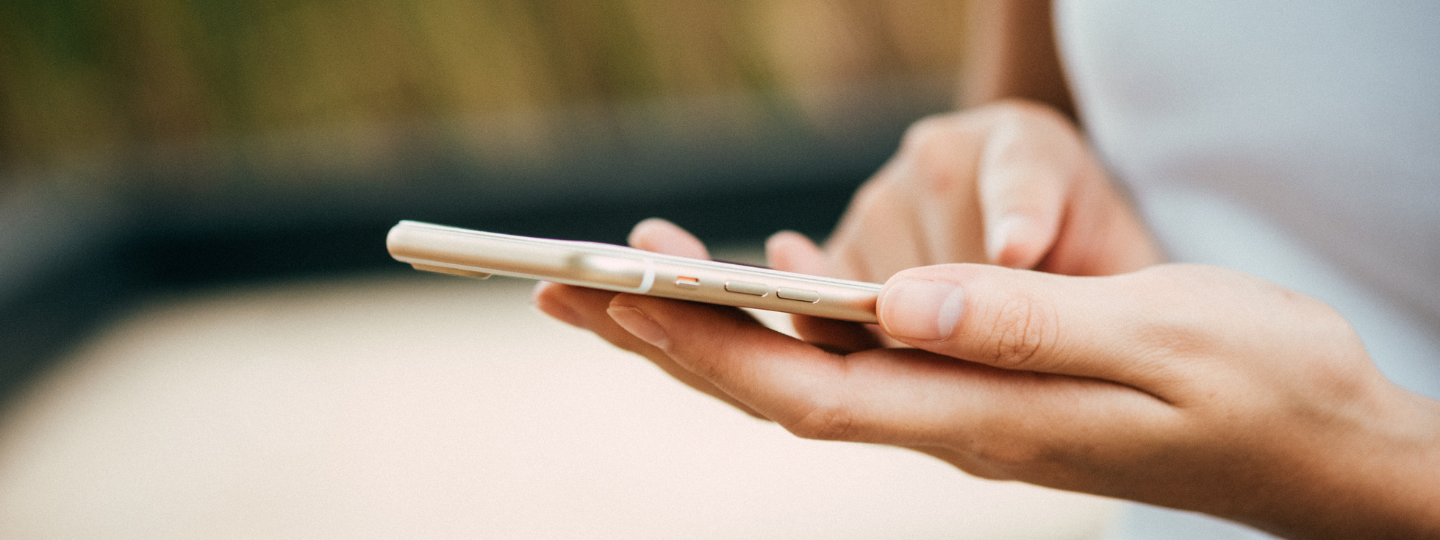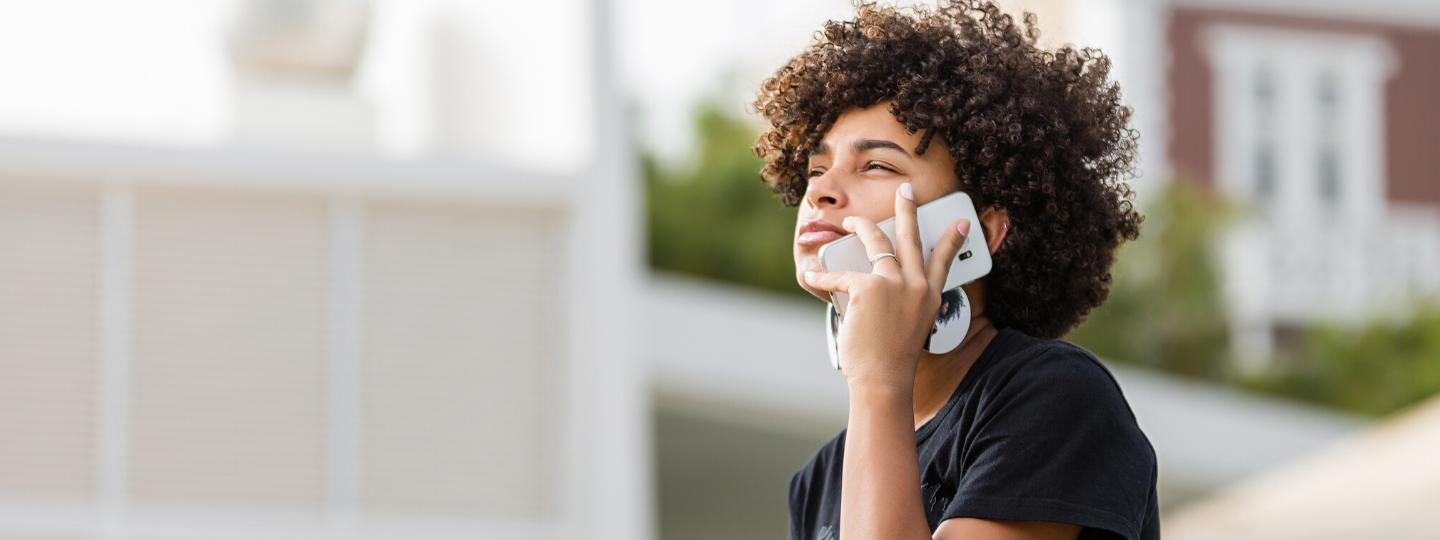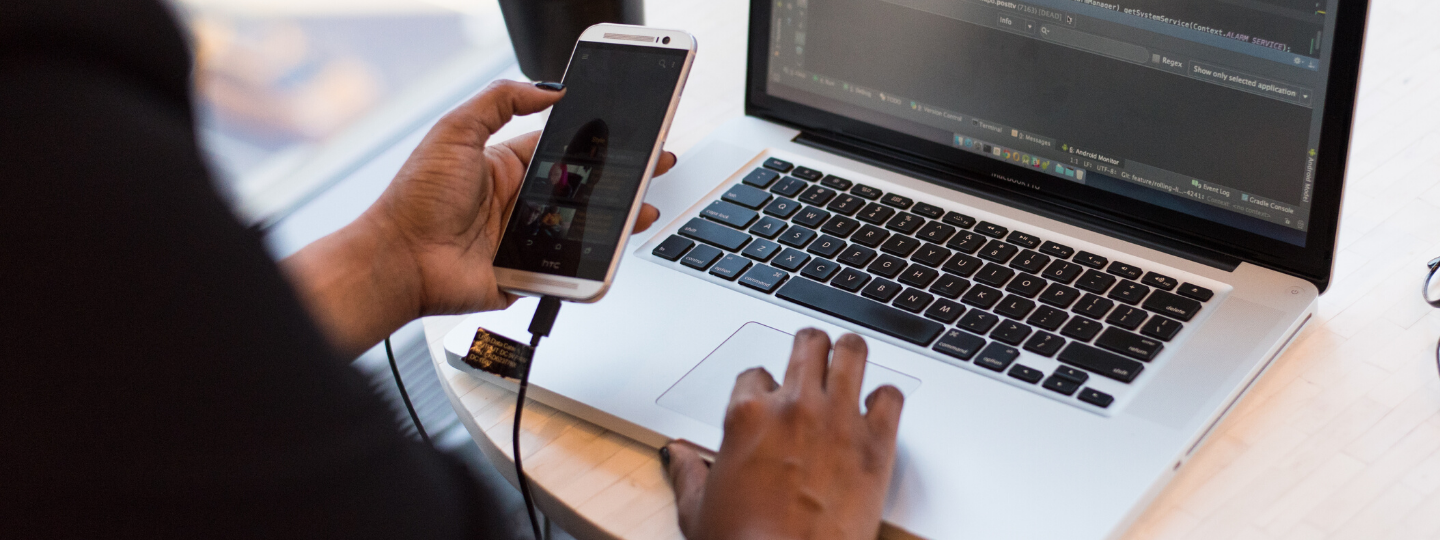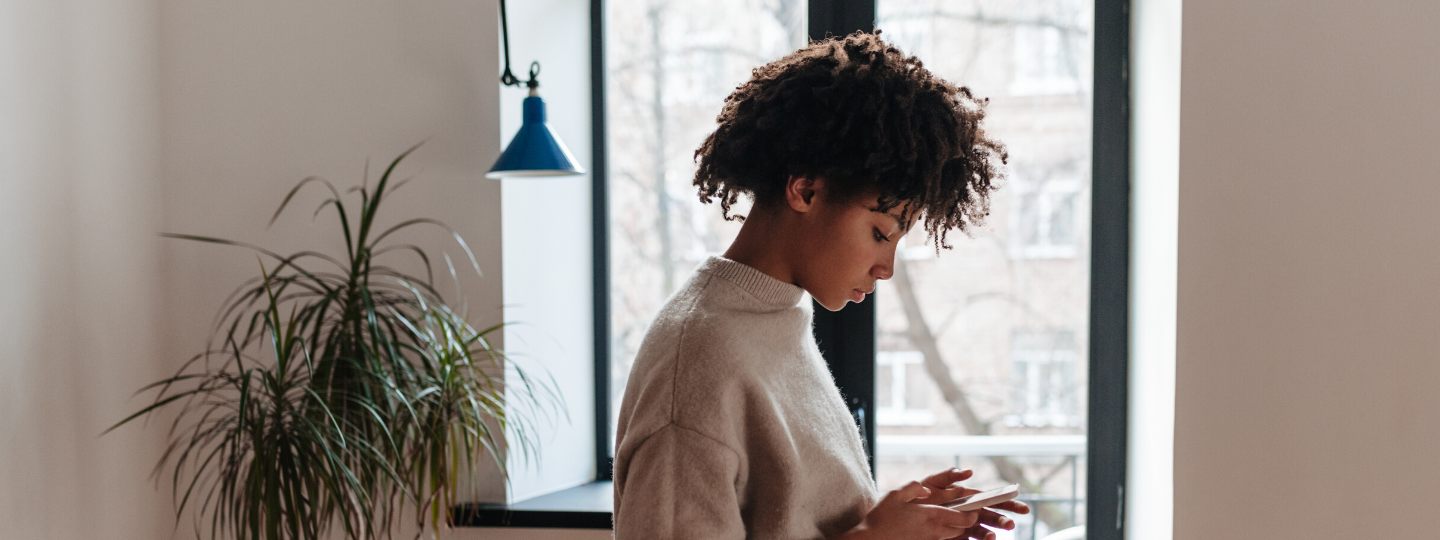Too many of us are quietly, privately, hard on ourselves. We walk around with an inner critic, telling us we’re not ‘good enough’ and never amount to anything.
Sometimes we feel so much pressure to achieve, self-criticism seems like a necessity. Lockdown has kept us cooped up and in many cases with more free time. We may feel especially guilty if we’ve not been ‘productive’.
We’ve all seen people who ‘achieved’ despite the difficulties of the pandemic. Marathons run in backyards, new languages learned, what seems like hundreds of books read. It’s difficult not to compare ourselves and put pressure on ourselves too.
There’s a myth we can hang on to that a harsh inner critic is useful to get where we want in life.
In this article, you will find:




